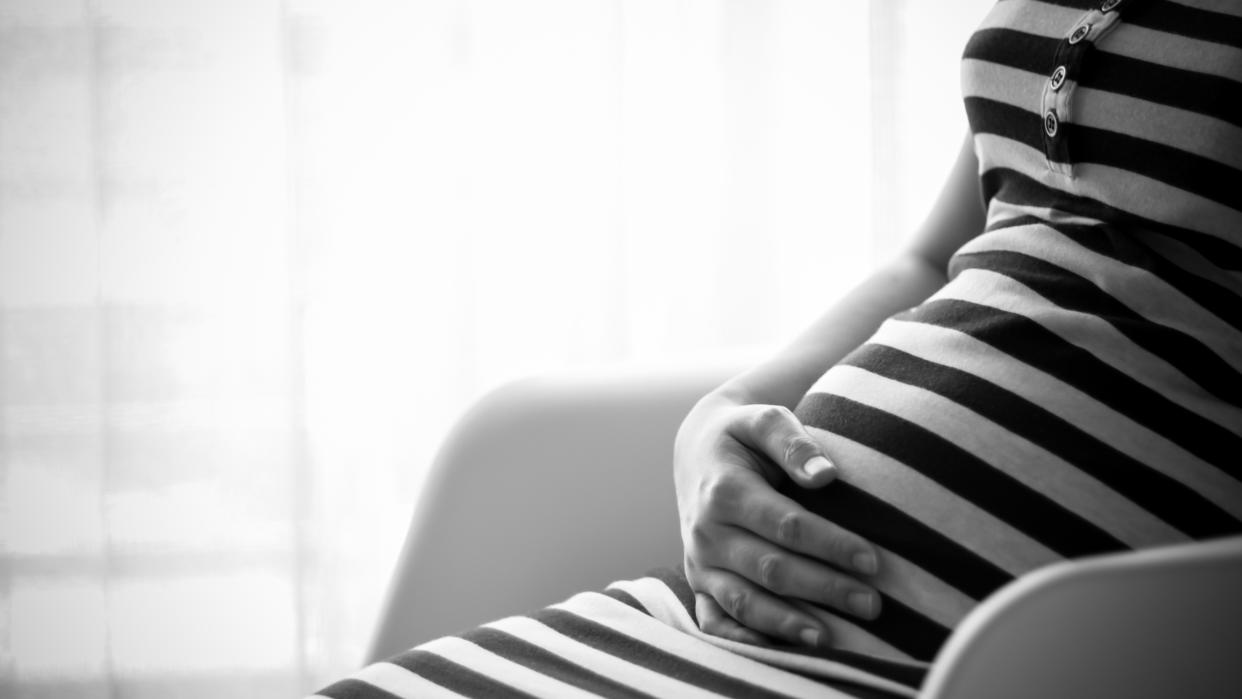Ontario: Suicide one of the leading causes of death in pregnant women and new mothers

A recent study published in the Canadian Medical Association Journal says that according to existing Canadian data, suicide is one the leading causes of death in women during the perinatal period, which is from the time of pregnancy to 1-6 months postpartum.
The researchers looked at information on women in Ontario from 1994 to 2008 and found that 5.3 per cent of perinatal deaths were caused by suicide. This rate is similar to those in the U.S. and the U.K.
“When we treat women after they’ve had a baby, we know that the first little while is a huge transition,” said Dr. Sophie Grigoriadis, the study’s lead author and the head of the Women’s Mood and Anxiety Clinic at Sunnybrook Health Sciences Centre in Toronto.
“We think this transition can last longer than 30 days – we look at the first three months postpartum, or the first six months postpartum or up to a year postpartum. Its not just the first 30 days postpartum that are important; that’s because so many transitions occur, and women need time to adjust to their new life and learn how to cope.”
ALSO SEE: Mom shares gripping glance into living with postpartum depression
According to the Canadian Maternity Experiences survey, in the postpartum period, 7.5 per cent of women reported depression and 13 per cent had little or no support available to them during their pregnancy.
As for the study led by Grigoriadis, suicide happened on average during the fifth month of pregnancy and at 7.5 months for postpartum women.
The research also found that these women opted for especially fatal ways of killing themselves, with hanging being the highest means followed by jumping or falling. This differs from women who died by suicide who were not pregnant or postpartum, in which overdose is the most common means of death.
“When these women get to the point of thinking that it’s not worth living anymore, they end their lives in a violent way, meaning there’s no chance for them to come back,” said Grigoriadis.
ALSO SEE: Turns out men also deal with postpartum depression
“They’ve made the decision, and it’s final. Sometimes people attempt suicide as part of a cry for help, to a certain extent, but these women who’ve decided that they’ve had it in terms of trying to cope, they don’t want to come back in any other way so they use ways that have little chance of recovery,” she hypothesized.
As for moms that are struggling, Grigoriadis advises to seek help immediately.
“If they have a family doctor, go see the family doctor. If they have a midwife, go see the midwife. If they have an obstetrician, go see them. Go to a nurse practitioner or anyone that can help them. Talk to their family. If they think risk to themselves is imminent, go to the emergency department.”
Let us know what you think by commenting below and tweeting @YahooStyleCA!
Follow us on Twitter and Instagram.



